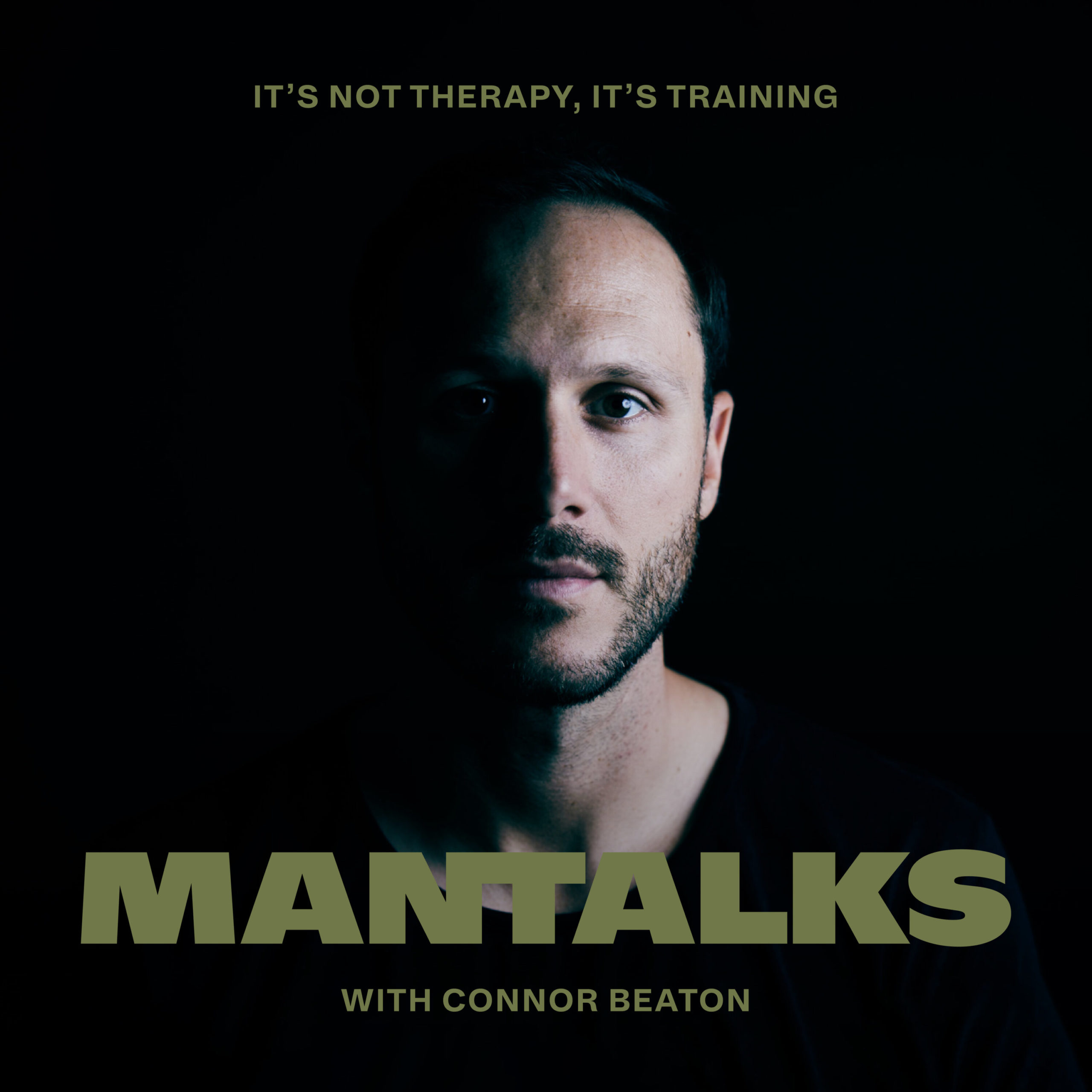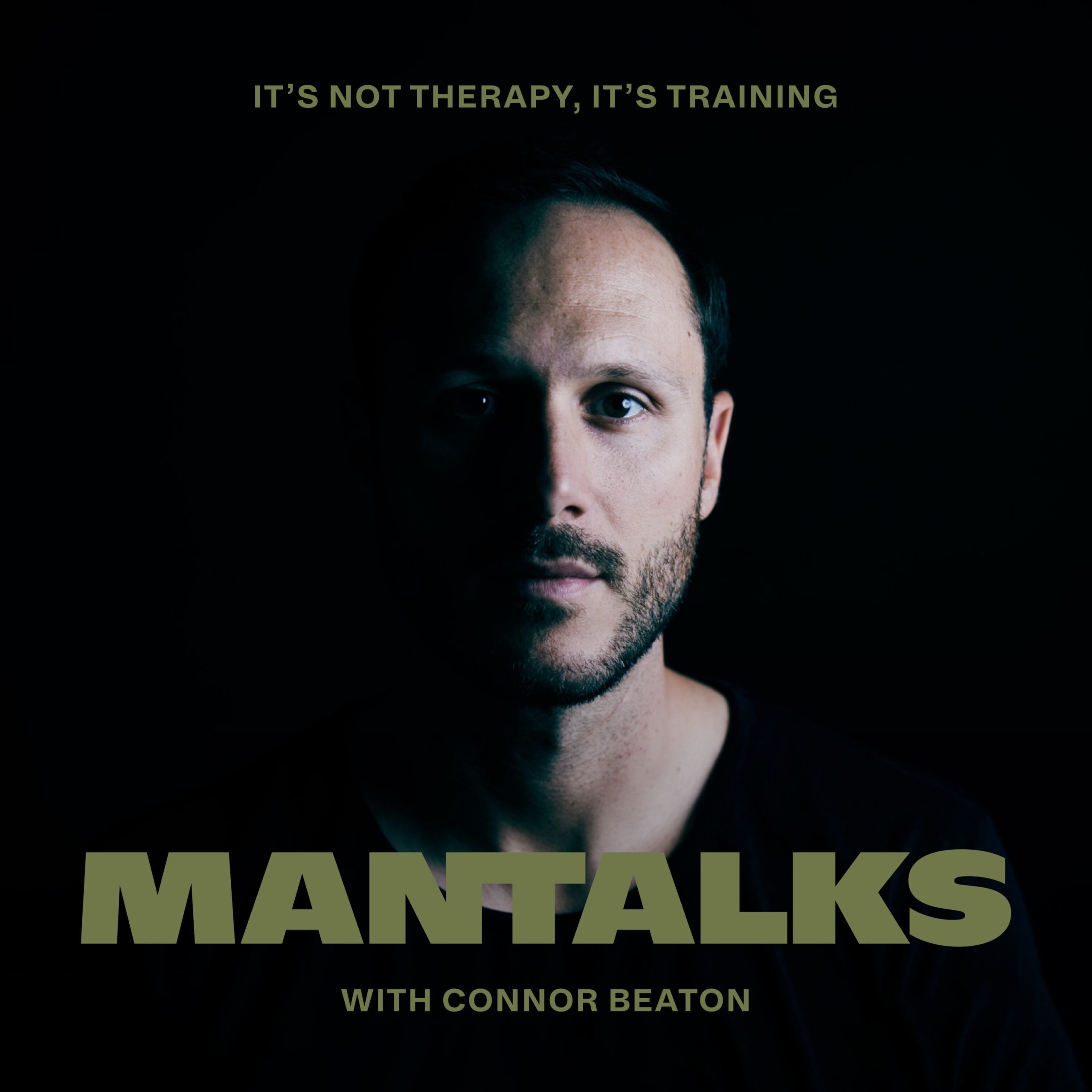In our individualistic culture, we often believe the heroic individual shapes history through force of will. But willpower doesn’t work. Ben Hardy explains why.
Surely this can’t be right. #dothework #riseandgrind #hustle. But what if all these ideas of getting things done were environment-dependent more than willpower dependent? There’s a very convincing case to be made for the fact that willpower doesn’t work.
Why Doesn’t Willpower Work?
Ben points out that willpower can only exist if there are two kinds of conflict. The first is the internal conflict that happens when you don’t know what you want. The second is when your environment is standing in the way of your goals.
Every environment is either pulling you forward or pushing against you. But the environment always wins. You can either be in alignment with it, in which case it will pull you forward towards your goals. Or, you can oppose it, struggle, and ultimately fail.
If your goal is to be healthy, but you’re constantly surrounded by people getting drunk and eating terrible food, it will take huge force of will not to end up like the people around you. In the end, you’ll likely regress.A better strategy is to remove yourself from that environment and create an environment more conducive to health.
Rather than trying to willpower your way to success, simply build the environment to succeed. Staying in the environment that’s inimical to your goals leads to ultimate failure. The environment will eventually win.
Real Decisions Happen in the World
Rather than setting a goal and using willpower to get our way there, Ben reminds us that our success will be based on the decisions we make. But we tend to believe decisions happen in our mind. This is false. It’s only a thought so long as it remains in our mind. It becomes a decision when it happens in the real world.
In other words, our decisions exist in a very real relationship with the environment around us. Not only does our environment pull us towards our decisions, but our decisions impact the environment.
To get something done and make the move from dreamer to doer, you have to take action that creates an environment that ensures you rise to the occasion.
Forcing Functions and Positive Pressure
The great historian, Will Durant, when asked what is the role of heroes in history said, “They form the function of meeting a situation whose demands are always all his potential abilities.”
Demanding moments create heroes. There are any number of great people at any given moment who might rise to the occasion of a demanding event. But without such an event, there can be no great hero.
When we normally think about environment in the context of success, we usually focus on spending time with people who inspire and push us — Jim Rohn’s famous ‘rule of 5.’ But Ben’s point is a bit different. To reach your goals, you must put yourself in an environment that demands you rise to the very top of your abilities.
This is a bit tricky, because you can overwhelm yourself, take on too much, and fail miserably. There is a healthy line between the right amount of pressure and too much. To get the best out of yourself, you have to create the positive pressure forces you to rise to the occasion, like the heroes Will Durant speaks of.
The John Burke Example
Ben shares the example of John Burke, a contemporary pianist. When he wants to produce an album, Burke uses the power of ‘forcing functions’ to place himself under just the right kind of stress and positive pressure that will ensure he completes his task.
And this comes back to the idea of making real decisions in the real world. When he wants to create an album, he books his sound engineer and studio for a date three months out. He then pays the entire cost of the sound engineering and studio. Next, he takes to social media and announces the release date of his upcoming album.
Only then does he start writing music. You can imagine what stress and pressure this puts him under. But then he doesn’t just continue life as usual. He goes into a period of total engagement. If a gig request comes up, he turns it down until the album is complete. He prioritizes the creation of the album, knowing he’s under pressure.
Total Engagement vs. Total Rest
Ben has a lot of incredible insights. The last one we’ll share here is his point about the power of total engagement vs. total rest. What does these states look like? Well, they don’t look like constantly flipping back and forth between your phone and something else. It’s true that we are in a constant state of distraction these days. And Ben points out that this is not healthy for achieving high performance.
The true recipe for creating a productive environment are the states of total engagement and total rest. When you’re on, you’re totally on. When you’re off, you’re not thinking about work, or half distracted by your phone.
Counterintuitively, this down time is when the best insights arrive. This is why things like meditation, surfing, and other leisure time activities have served entrepreneurs and creatives so well throughout history.
Please check out this episode. Ben is the number one writer on Medium for a reason. His insights are backed up by research and he’s very sharp. This is a great episode of the podcast that I’m sure you’ll love.
More on ManTalks.com
What Do You Want To Do Before You Die | Ben Nemtin
Robert Augustus Masters — Outgrowing Porn, Finding Purpose, and Managing Anger
How to Find Purpose in Life: The Ultimate Guide



